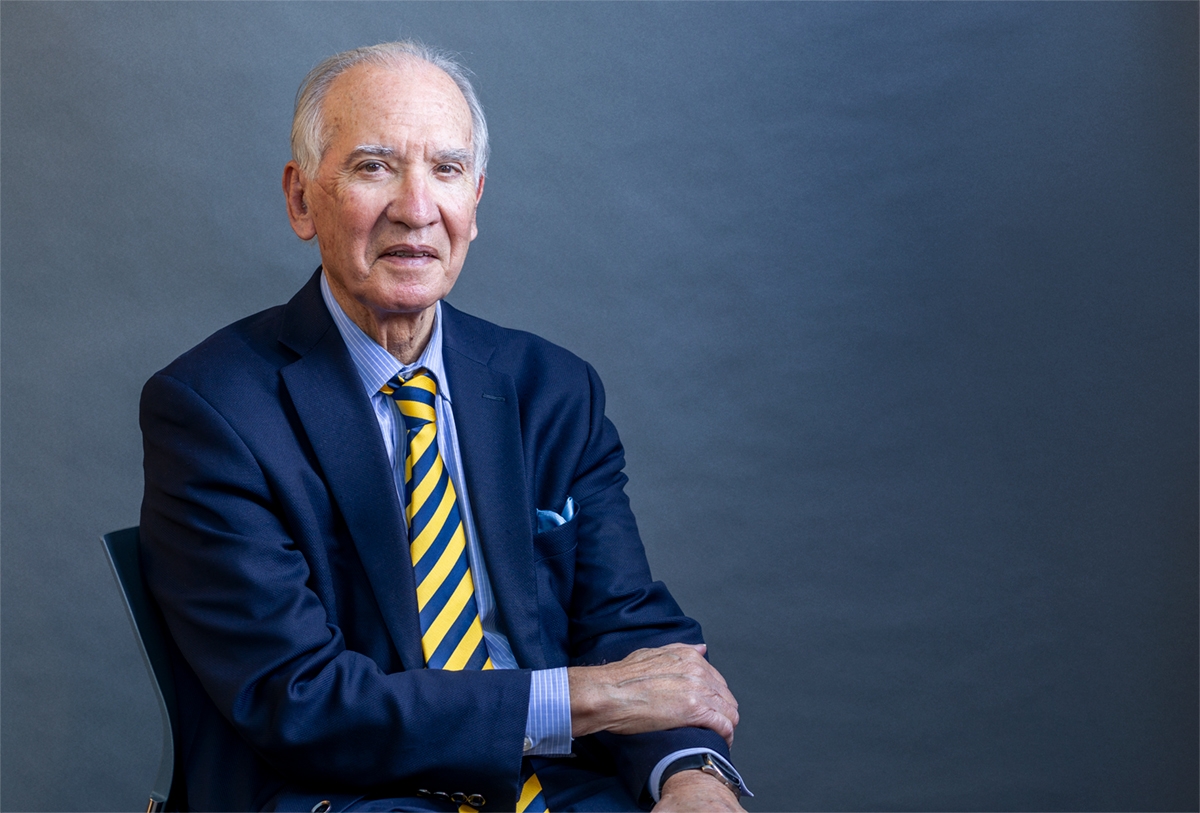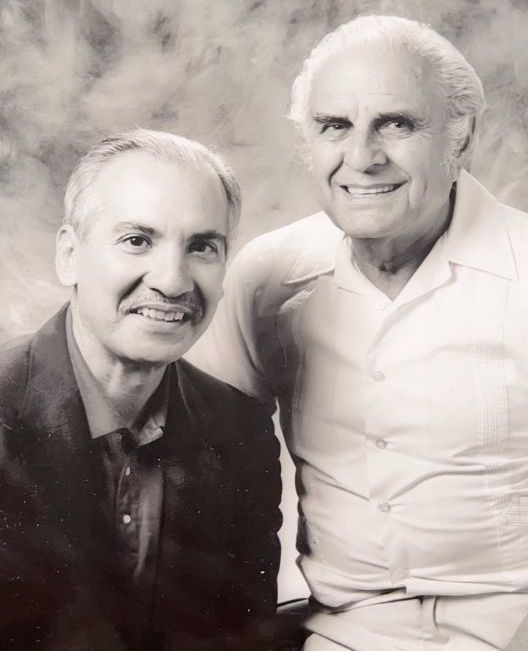Mario T. García: A lifetime of achievement in Chicano/a history

For his body of work in history that has inspired progressive social change as it advanced the inclusion of the poor and oppressed, this year’s Bert Corona Lifetime Achievement Award honors Mario T. García, a distinguished professor of Chicano/a studies and history at UC Santa Barbara.
García, who started teaching at UCSB in 1975, was among the first generation of professionally trained historians to excavate and document Chicano/a history, helping to set the foundation for emerging scholars during the past half-century. Among more than a dozen books, García’s recording of Corona’s testimonio would become "Memories of Chicano History: The Life and Narrative of Bert Corona" (UC Press, 1994), about the labor and community activist and organizer who, starting in the 1930s in Los Angeles, spearheaded the struggle for immigrant rights, particularly undocumented workers from Mexico.
“Bert Corona is one of my Chicano historical heroes, and I am proud to receive the award that bears his name,” García said. “I wrote his testimonio; in turn, he helped author my passion for social justice. He fought for immigrant rights for years and, were he still alive, he would be at the forefront in this struggle today.”
The award will be presented by Hermandad Mexicana Nacional, a nonprofit, formerly headed by Corona, dedicated to improving the social and political conditions of documented and undocumented immigrants and Chicano and Latino communities. The event will be held on May 31 in Los Angeles. García will share the stage with fellow recipient Moctesuma Esparza, an award-winning filmmaker and producer.

Keith Hamm
Social Sciences, Humanities & Fine Arts Writer
keithhamm@ucsb.edu



